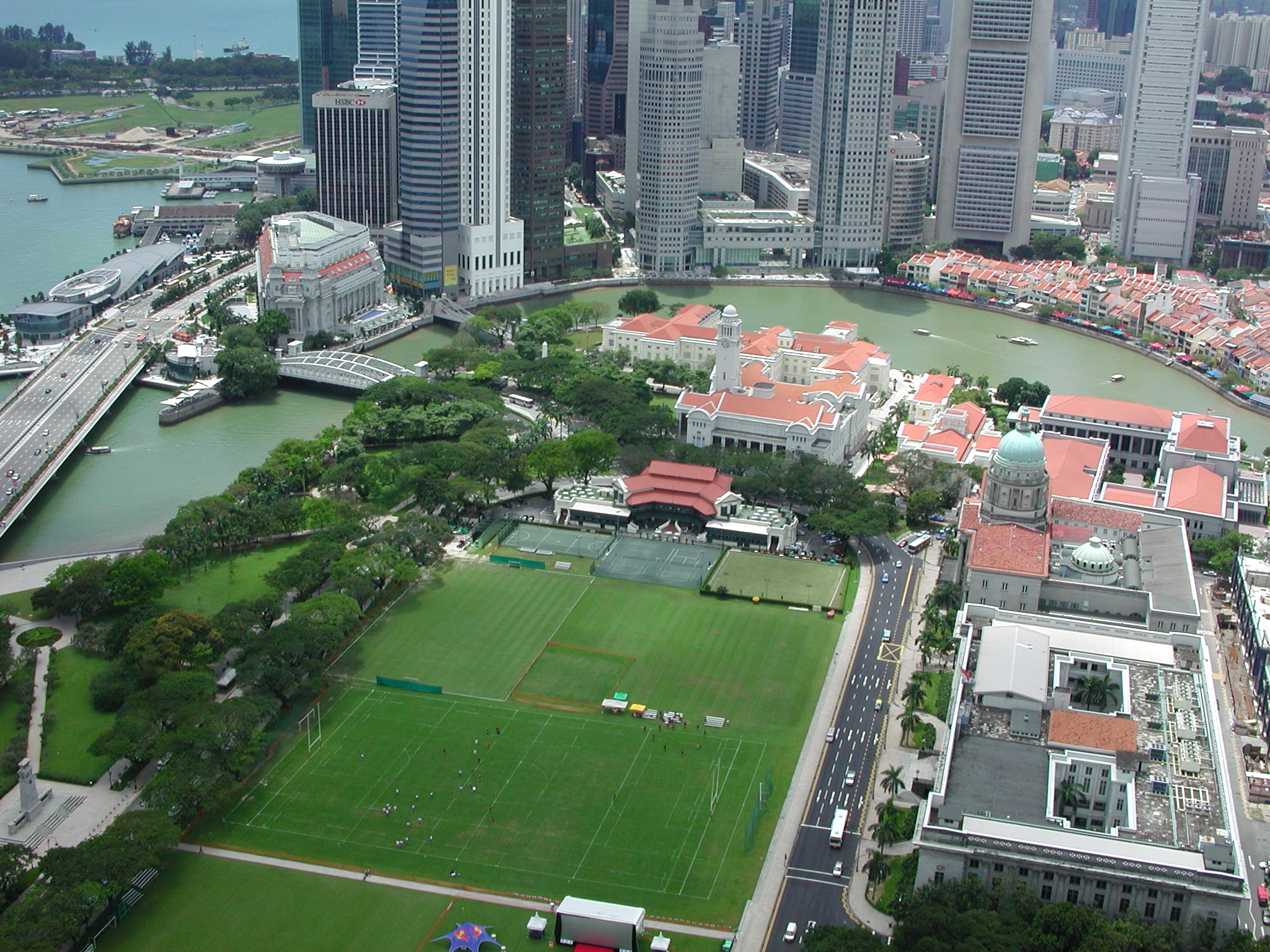بِسۡمِ ٱللهِ ٱلرَّحۡمَـٰنِ ٱلرَّحِيمِ Of taswawwuf , Shaykh Ibrahim ibn ‘Abdullah Niyas al-Kawlakhi ( q.s. ) said, “As for its founder, he is the Prophet ( s.a.w. ), to whom Allah ( s.w.t. ) Made it known, by means of Revelation, and inspiration. Jibril ( a.s. ) came down to him, firstly, with the shari’ah . Then, once it had been established, he came down, a second time, with the haqiqah , so the Prophet ( s.a.w. ) used it to motivate some of his aswhab , rather than others. Of those who spoke of taswawwuf , and demonstrated it in practice, the first was our master, ‘Ali ( k.w. ), and from him, all the Sufis have received it through their chain of transmission, which is celebrated in their books, with the exception of our master, our patron, our shaykh , and our means of access to our Lord, Shaykh Abu al-‘Abbas Ahmad ibn Muhammad at-Tijani al-Hasani ( q.s. ), whom Allah (s.w.t.) Blessed with receiving from the Prophet ( s.a.w. ), mushafahatan , without mediation of any of the shuy


























